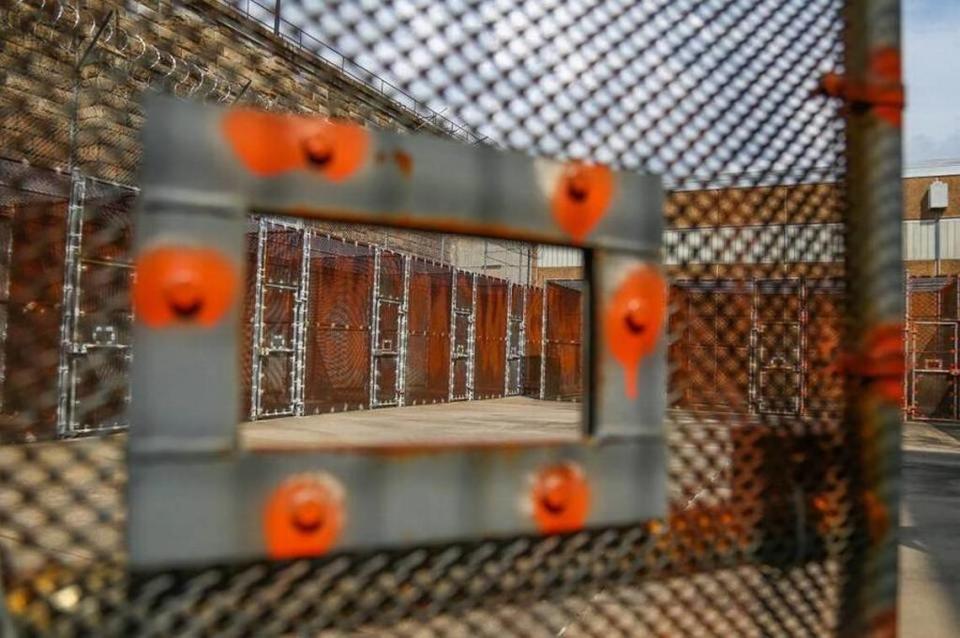I spent 15 years in solitary confinement. It’s time California end this cruel practice | Opinion
People can be redeemed. Solitary confinement cannot. My own story is a perfect example of this: I spent 31 years incarcerated, 15 of which was spent in solitary confinement at Pelican Bay State Prison, from 2000 to 2015.
I deeply regret the mistakes I made when I was a youth that led me to prison. As an 18 year old, I committed violent crimes born from addiction from which there is no excuse or justification. Luckily for me, the state passed a law that provided an opportunity at redemption for youth offenders such as myself. That change provided me another chance at life, and I was released in 2020. Since then, I have worked as an advocate for the redemption of people, and called for an end to the use of solitary confinement.
Solitary confinement is difficult to explain to those who have not truly experienced it. It’s an experience that penetrates the soul of those who have lived this terrible reality.
Opinion
It was lonely and depressing. I lived for 15 years alone in a concrete box with my greatest fear to keep me company — my greatest fear being losing my mind. Every day of my existence was spent worrying and trying to combat the very real possibility that I could break.
I had no idea how deeply the experience of living in solitary confinement had harmed me until I was released back into the general population and experienced extreme anxiety around other people. Conversation, a thing that used to come so naturally, was now forced and painful. Sudden movements put me on edge and trust in fellow humans — which is so essential for a person’s humanity — was gone.
There is nothing curative about solitary. It is an absolute contradiction to the alleged rehabilitative principles and values of not only the California Department of Corrections and Rehabilitation, but of our greater society.
The hard truth is that California has a long and dark history with respect to the use of solitary confinement. As recently as 2013, California was found to have kept more than 500 individuals in solitary confinement for more than a decade. The model of isolation developed by our state was designed to inflict maximum harm to the physical and emotional health of those it housed.
Individuals were often subjected to 23-hour lock-downs, deprived of any form of external stimuli. It is hard to believe this was done for any reason other than to cause harm and break individuals.
My story is the same as thousands of others who have survived this form of torture. And the pain that we describe is corroborated by science: Recent studies have shown that solitary confinement increases the risk of death after release. Other studies have shown that it can shrink the brain, damage the heart and cause a host of mental and physical health issues.
That is why many advocates including myself have supported Assembly Bill 280, the California Mandela Act, authored by Assemblyman Chris Holden, D-Pasadena. This legislation would introduce limits on the use of solitary confinement and promote alternatives that do not cause harm or perpetuate violence.
Based on my personal experience, California’s prison system was far more violent and far less rehabilitative when solitary confinement was used without restraint. In recent years, we have seen that limits placed on the use of solitary confinement and the promotion of rehabilitation has led to reductions in violence.
I believe that people are redeemable, but solitary confinement is not. California should invest in practices that promote rehabilitation and redemption, and divest from a practice that destroys lives and perpetuates violence.
Jamala Taylor is a reentry manager at a nonprofit organization that operates across the state, supporting both current and formerly incarcerated individuals


